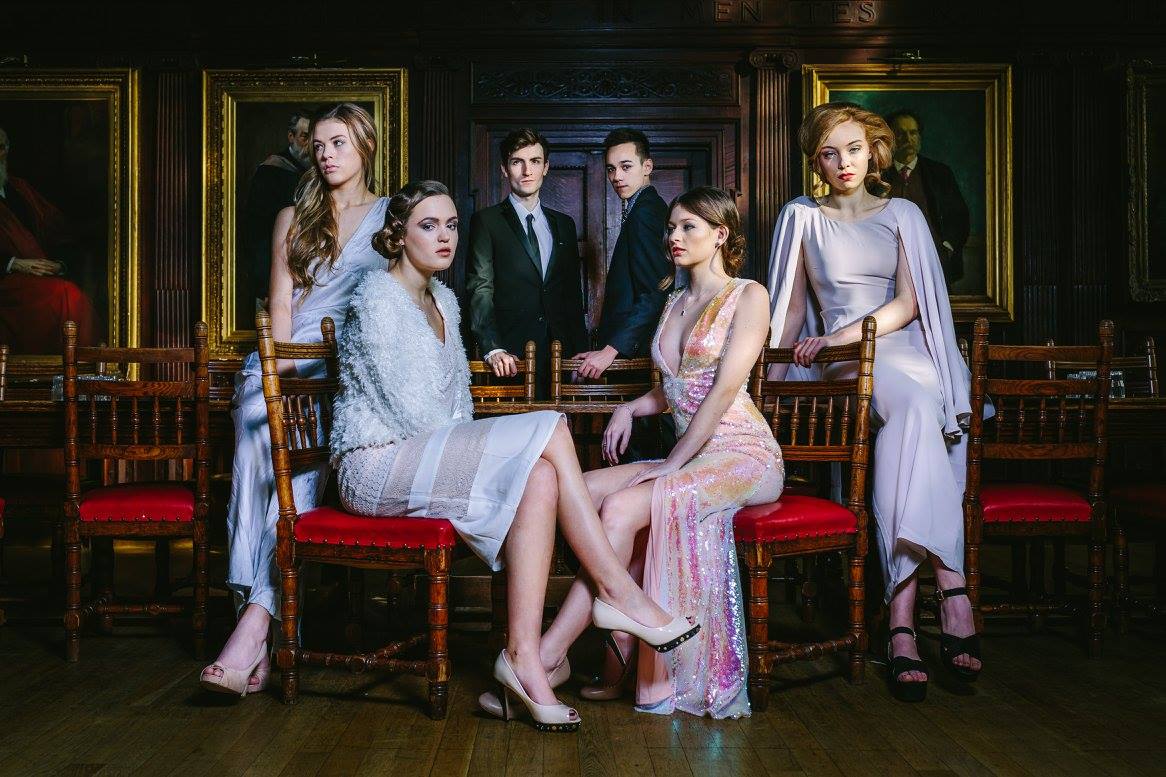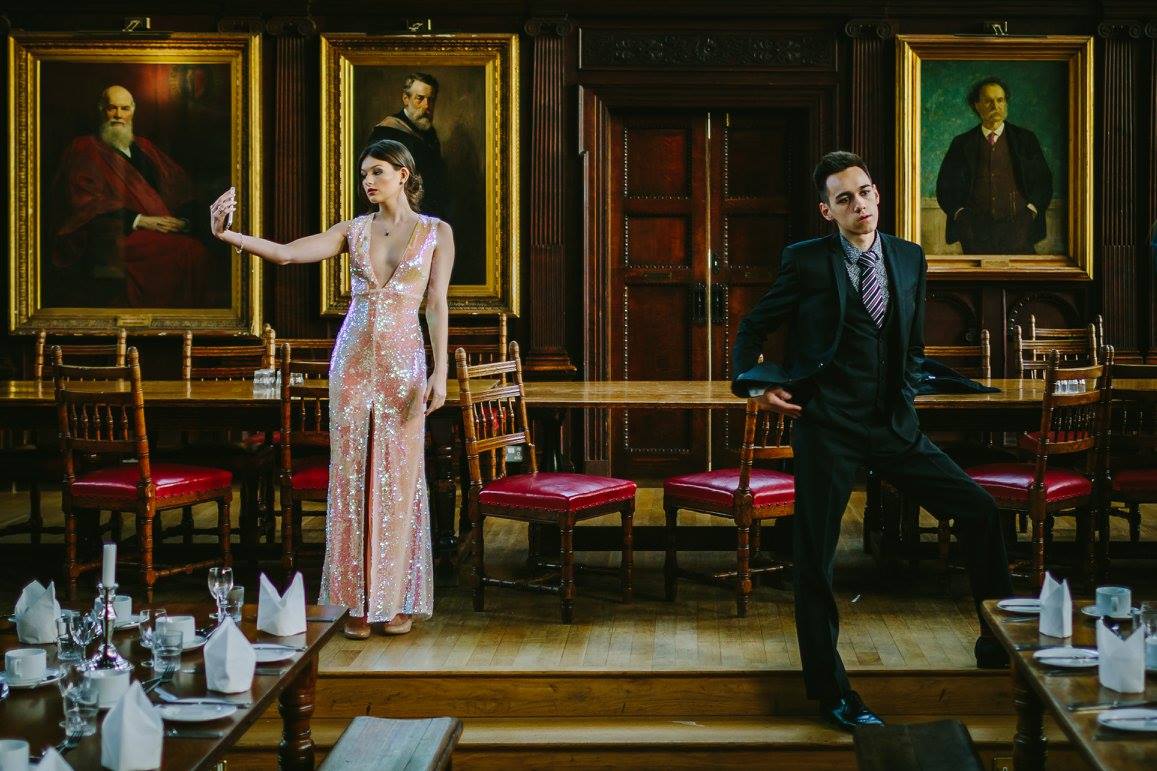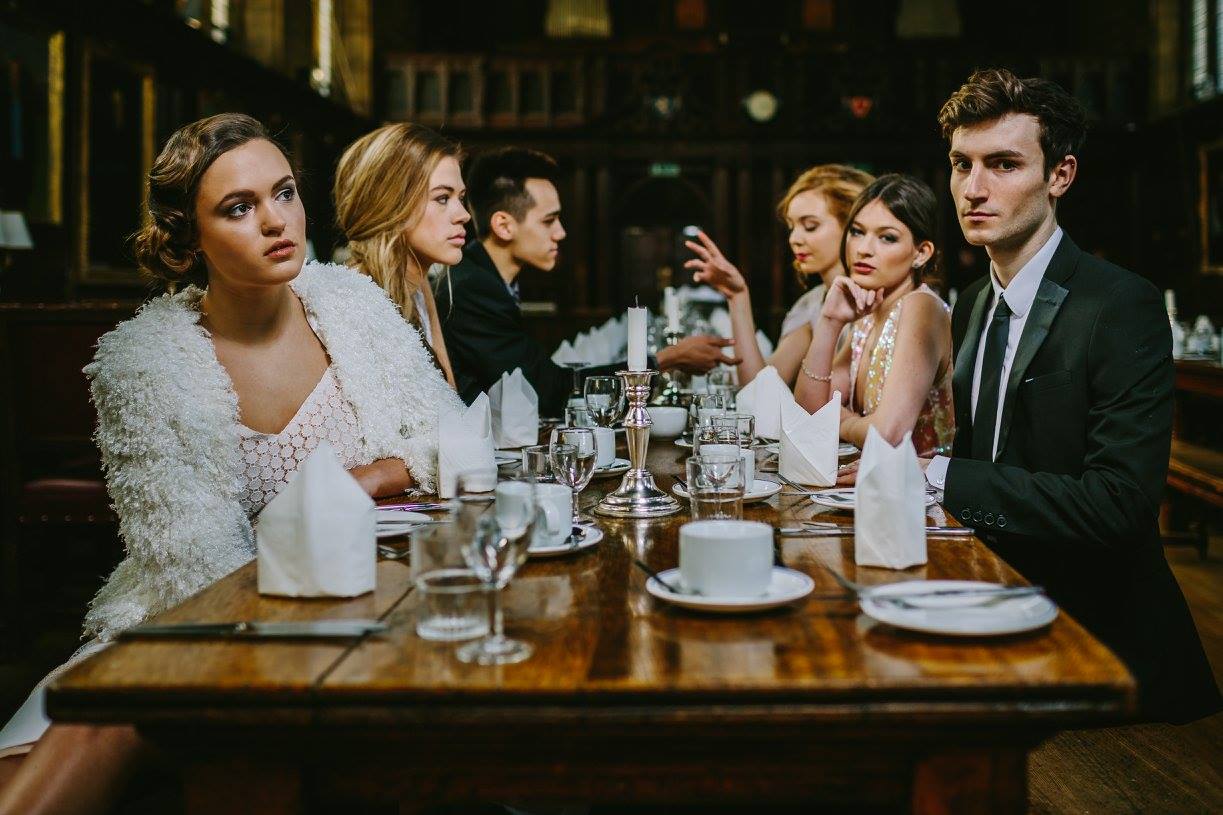A William Blake book containing a first draft of Thom Yorke’s ‘Airbag’ was found at the Oxfam charity shop on St Giles. It is projected to be sold at auction in March for upwards of £3,500. Yorke has agreed to donate the proceeds from the sale of Songs of Innocence and Experience to Oxfam.
The book, Songs of Innocence and Experience, was donated by Yorke in early 2015 along with a batch of other books. Mispriced initially by volunteers working in the shop who weren’t aware of who its donor was, the book was found by volunteer Alexander Barker in the 50 pence section of the shop.
‘Airbag’ is the opening song on Radiohead’s classic 1997 album OK Computer, inspired by a car crash Yorke and his girlfriend had in 1987.
Barker, a political theory tutor at St Benet’s Hall, who has been volunteering at Oxfam since 2003, said that it was luck that he made the discovery, not having expected anything of the sort when he opened the book. He said that prior to finding the Yorke lyrics, the most exciting thing he had found in Oxfam shops were annotations by prominent academics in books they had donated.
Barker, who is himself an avid Radiohead fan, told Cherwell, “I’m obviously happy about it. Everything else pales in comparison to finding this.” Still beaming, he said that another positive for him was that it was, “Nice to work in an environment where absolutely everyone involved is gaining something.”
He added that he and another volunteer, Andrew Chapman, knew immediately how valuable the discovery was, both as memorabilia for hard-core Radiohead fans and as an insight into Yorke’s creative process.
Chapman, who works as an airline pilot but has moonlighted as Oxfam’s rare books specialist for the past 16 years, has experience with discoveries like this one. In 2007 the Oxfam branch in which he worked found a first edition copy of Graham Greene’s Rumour at Nightfall, which ended up being sold for £15,000.
Regarding the Blake book, he told Cherwell, “Radiohead is one of the few bands that will only increase in popularity. With this discovery, we get to see Thom’s working method.
It looks like he wrote these lyrics in about 20 minutes, but in a good way. There is an immediate sense of potency when you see what he’s written.” But he also said it was difficult to determine exactly how much it was worth, a sentiment that was shared by Lydia Wilkinson of
Bloomsbury Auctions, the group that Oxfam uses to sell books that are likely to be too expensive for usual store customers – usually anything that is worth more than £1,000.
Wilkinson told Cherwell, “While this book was very clearly special, we don’t have any precedent, so made the decision to take it to auction.” Though the auction will not begin until 18th March, she said that even in these early stages there had already been a lot of interest.
“I expect that it could make a few thousand pounds at least,” she said. Barker also made a prediction in that range, telling Cherwell that he thought the price could go as high as five or six thousand pounds.
But that said, the book pales in comparison with other charity shop finds. For example, at a charity store in Burlington, North Carolina, one customer paid $2.48 for what was actually one of 20 officially-commissioned copies of the Declaration of Independence. It ended up fetching £331,335 at auction.
Oxfam itself once realised that six Mozart sonatas had been incorrectly bundled with other items and were about to be sold for only £3,000. But in that case, the donors asked for a return of their donation, meaning that Oxfam wasn’t able to profit from the discovery.



















